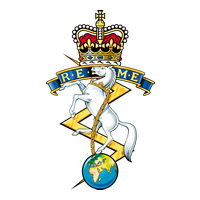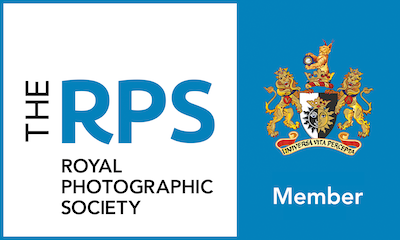About me

Thanks for your interest. I have been fortunate enough to have lived many lives and assumed many personas along the way. I may share some of these here but the short version is that I am a former engineer, and educator, now pursuing a PhD. I live in Fife, having been an economic migrant from the South East of England in 1991.
I’ve always been technically-minded, and found myself in the REME by the time I was 20. This service gave me huge benefits which have served me my entire life, not least securing me a career in flight simulation, first as a Systems Engineer and then as a Project Manager. If I am honest, these were the very best days of my professional life; once I had moved North, I never again encountered the integration of intellect, wit, humility, and entrepreneurship I experienced as the norm in the flight simulation business. There were great mentors and role models; genius designers and engineers; pragmatic administrators and a focus on solutions that I have never seen in my most recent career in education, more of which shortly. For now, let the irony of it sink in1.
A global downturn in aviation in 1991 brought unexpected redundancy and the need to find a port in the storm. Scotland was a temporary move, only ever meant to fill a gap. I took a contract with a company that I knew to be out of its league in the flight simulation marketplace, thinking I would return to civilisation after a few months. I got stuck once the family moved up and discovered what a wonderful place Scotland is to live and grow up. Work-life balance swung firmly toward life, and I tolerated five years of provincial corporate ineptitude before taking a sabbatical in China to build a war-chest of funds and capacity enough to go it on my own.
My software company was based in offices in Cowdenbeath, and made code and database solutions for tourism, health and engineering for six years. We provided training courses, too, and an internship for young locals aspiring to be programmers. All was healthy until a client defaulted on his over-extended account, killing the company and almost bankrupting me. Although I have no regrets, I found myself in a desperate place with only one door open that I could see, which was to become a teacher2. I had been working with a youth organisation for a few years and served on the Children’s Panel and so thought it might be a logical move, at least until my brother Quasimodo and I got ourselves straightened out again.
I went to Moray House and took the PGCE in Physics and Mathematics, having not long graduated from the Open University with my degree. My school teaching career lasted until I was invited back to Moray House as a lecturer. I stepped down from that role in April 2024 to focus on my research and other professional activities like developing the IDL Network.
Like I said, I have no regrets. All of these paths have led to where I am now, and I am thankful for the joy I have in being alive, reasonably healthy and able to enjoy the privileges I have today. If you really need it, you can find my cv on GitHub.
Nick Hood SFHEA FRAeS CPhys FInstP LRPS
Fife


